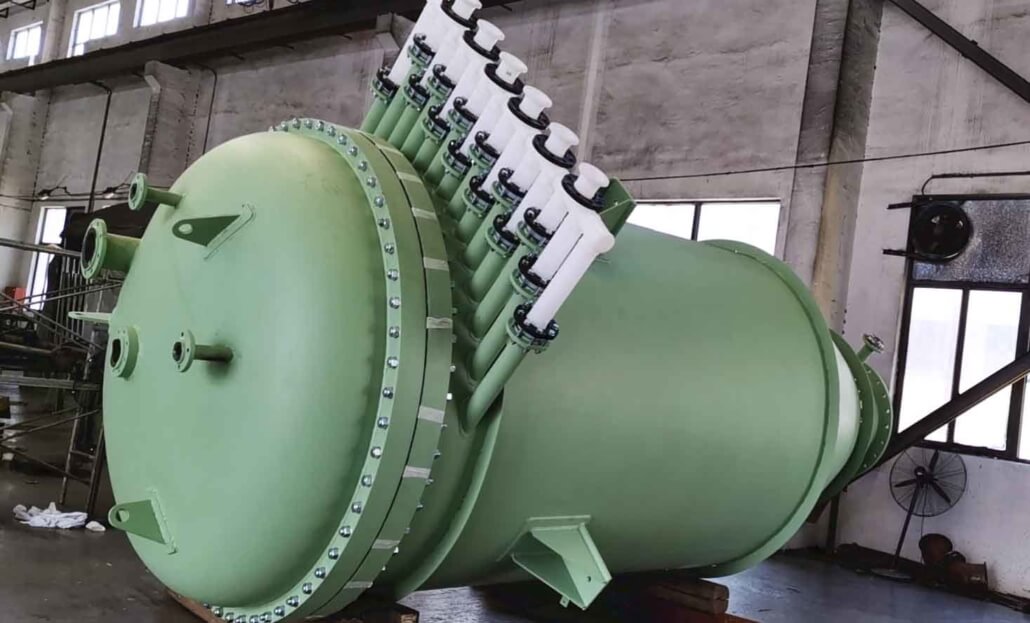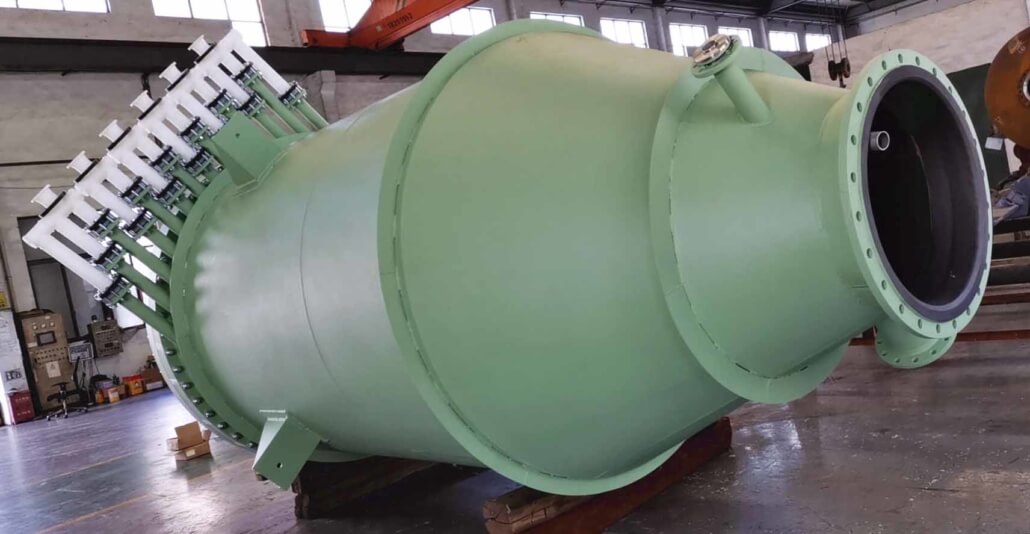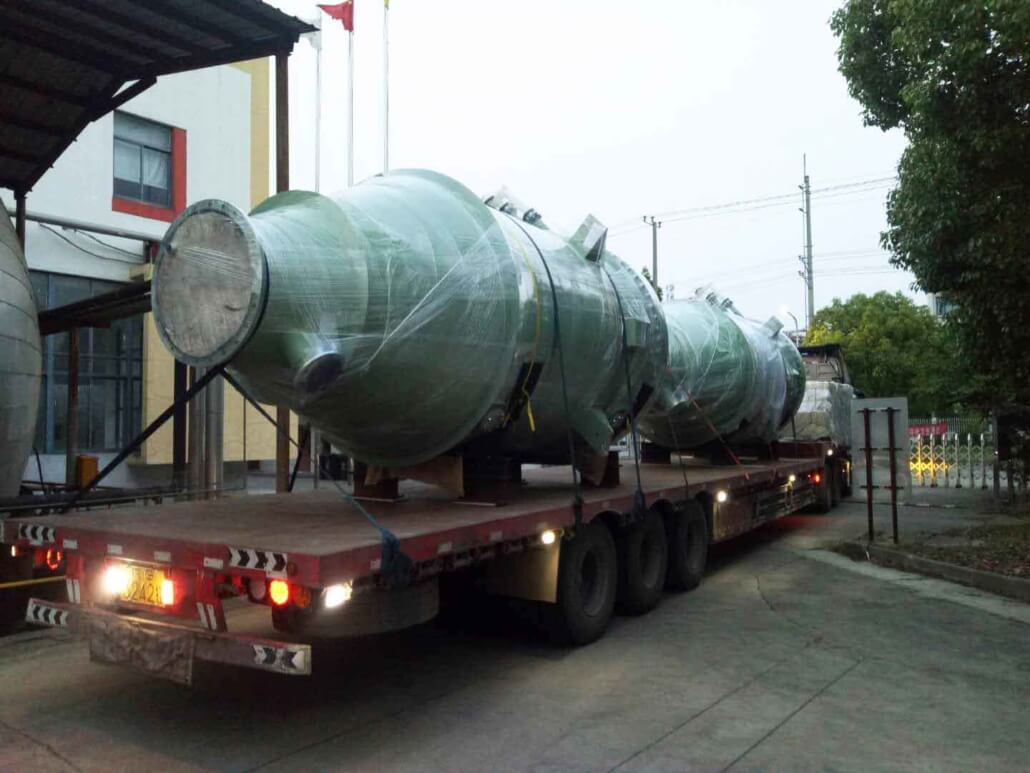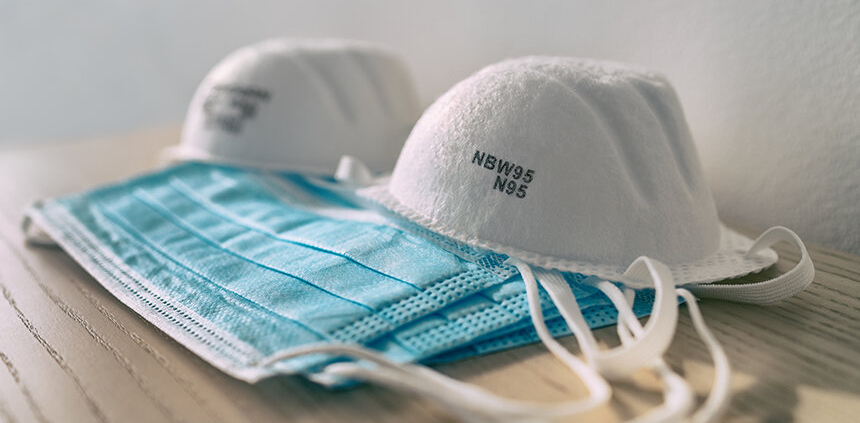FUNDABAC® Filters used for viscose production to help with current demand of face masks during coronavirus
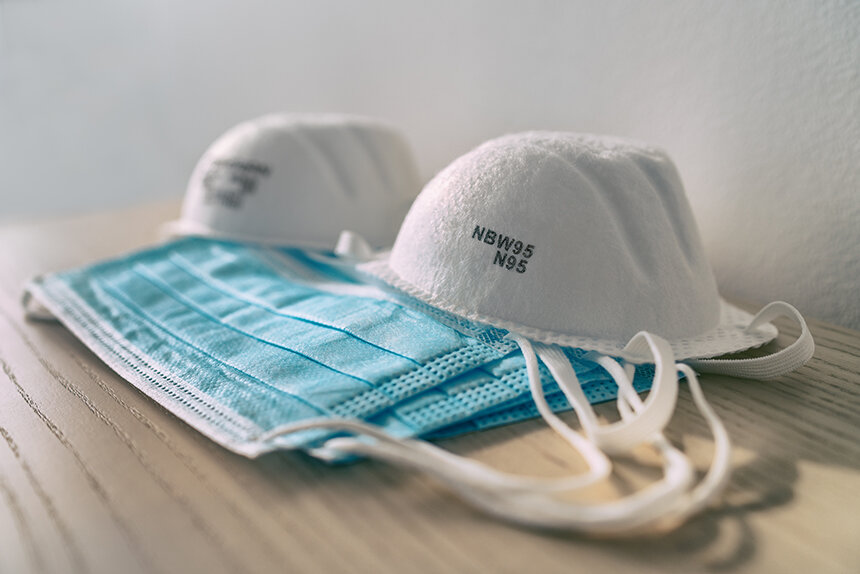
Production of N95 masks
Just a few months ago nobody would have expected the need to wear face masks in public. And yet, here we are, trying to get our hands on this sought-after item, each one of us seemingly becoming specialist in understanding the different types, names and forms during the coronavirus outbreak. However, when it comes to materials of construction you need to do some digging as this is not often discussed. But being involved daily with the subject of filtration it would make some sense to understand what materials are used for the filtration of such aerosols and liquid particles.
The N95 mask, the most common type found on the market stands for 95% filtrability of particles larger than 0.3 microns. To achieve such separation levels, finely non-woven fibres are applied in loose layers to make it breathable. Some producers apply polypropylene, but many of them use Rayon fibres. This material has high mechanical strength, is stable in water and humidity and has a very comfortable touch on the skin. Normally, it is mainly used to make textiles for clothing but during the pandemic a significant quantity is diverted for the production of surgical masks.
Rayon, also called viscose, is produced from wood pulp by a chemical digestion process where this viscous liquid is formed and spun into fibres. Strong and hot acids are applied to flush away impurities. For cleaning the acids filtration equipment is required. The FUNDABAC® filter has a long tradition in this industry as its strong plastic internals can cope with the tough environment.
Due to the high demand of masks, raw material producers run at their limits and DrM was asked to supply new equipment within 3 months to be able to cope with this surge. We are proud to announce that we did not only match this delivery time but could significantly shorten it, which led to the decision of our client to immediately place another two orders.
